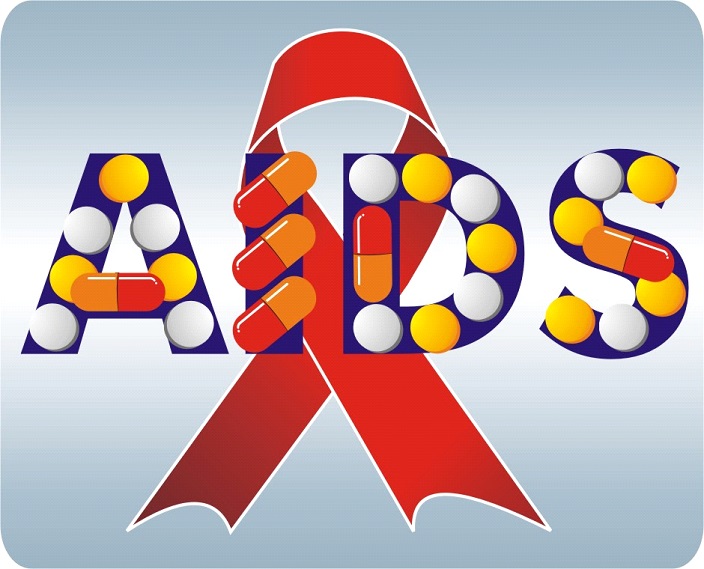Aids In Women – Extreme Care Is Necessary

Overview:
AIDS is an ailment brought on by an infection known as HIV. HIV wrecks certain cells in the blood that help battle contaminations. These cells are some piece of the insusceptible framework. Since the infection can debilitate the invulnerable framework, individuals with HIV can get to be sick with different genuine contaminations and a few sorts of disease alluded to as entrepreneurial ailments. HIV-tainted persons are considered to have AIDS when these pioneering illnesses happen or when their blood levels of safe cells drop beneath a certain point.
Having HIV does not generally imply that you have AIDS. It can take numerous years for individuals with the infection to create AIDS. HIV and AIDS can’t be cured. Then again, with the meds accessible today, it is conceivable to have an ordinary lifespan with little or insignificant intrusion in personal satisfaction. There are approaches to help individuals stay solid and live more.
HIV assaults and pulverizes a sort of white platelet called a Cd4 cell, normally called the T-cell. This present cell’s primary capacity is to battle malady. At the point when an individual’s Cd4 cell tally gets low, they are more helpless to ailments.
AIDS is the more praiseworthy phase of HIV contamination. At the point when the insusceptible framework Cd4 cells drop to a low level, an individual’s capacity to battle disease is lost. What’s more, there are a few conditions that happen in individuals with HIV contamination with this level of safe framework disappointment – these are called AIDS-characterizing sicknesses.
Transmission In Women:
HIV is spread when body liquids from a tainted individual enter the assortment of an uninfected individual. This frequently happens amid sex and when individuals offer needles to infuse drugs. Additionally, if ladies who are tainted with HIV get to be pregnant, they can pass the infection to their kids before or amid conception or through breast milk. Somebody who is contaminated with HIV may not demonstrate any indications for a considerable length of time, yet can spread the infection to others. Numerous individuals with HIV have no manifestations. In the event that you don’t take part in any of the high hazard practices, it is doubtful that you are tainted with HIV. In the event that you are at danger, you can take a HIV test to check whether you are tainted.
Pregnanet Women:
In the event that you are of childbearing age and have imparted medication needles or have had sexual contact with men who impart medication needles or have intercourse to men, consider the danger to your child before getting to be pregnant. On the off chance that you take part in these practices, you ought to converse with your specialist about being tried for HIV before arranging a pregnancy on the grounds that you could pass HIV to your unborn youngster
Treating The Disease:
There is no antibody or cure for HIV contamination or AIDS; however there are medicines that can help individuals stay sound and live more. Viable medications are accessible for a hefty portion of the artful diseases and tumors. Mix treatments are currently accessible to help keep one’s safe framework healthier longer. Medicines are additionally accessible for HIV tainted pregnant ladies to lessen the possibility of passing HIV to their babies. The prior on gets tried and treated, the more powerful the treatment gets to be.
By : Natural Health News




